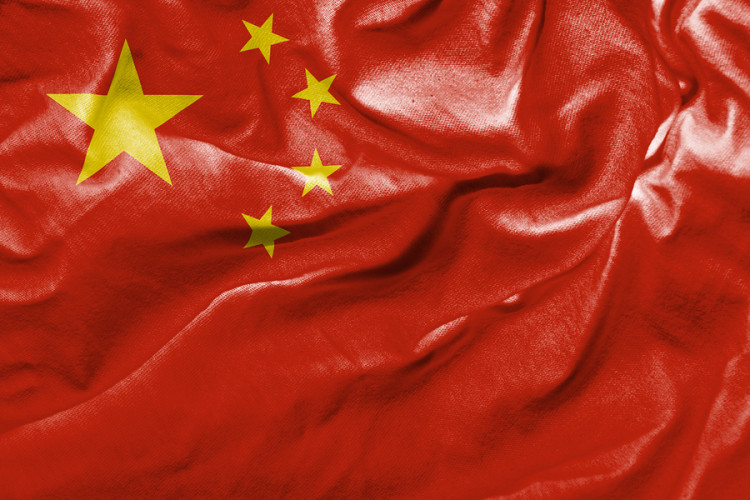China’s Censors Know Where the Cool Kids Hang lol ;) Gadfly

published Jun 29th 2016, 4:00 pm, by Tim Culpan
(Bloomberg) —
It’s nice to see that China’s censors are keeping up with what’s hip and happening among the world’s largest Internet population.
When search engines and bulletin boards were all the rage, the government made sure it kept abreast of the sector by cracking down on web links to any naughty or offensive content — such as talk of the Tiananmen Square “incident” on June 4, 1989.
Then came social networking, which of course led to Facebook and Twitter being blocked in the People’s Republic because they’re foreign, uncensored — or at least not censored to China’s standards — and therefore evil.
Now it’s time for apps.
The Cyberspace Administration of China this week asked developers and distributors of mobile apps to do their part in maintaining the Great Firewall to “promote healthy and orderly development, and protect the legitimate rights and interests of citizens, corporations and other organizations.”
Apps can be used by unscrupulous elements to spread violence and terror, disseminate pornography and otherwise share illegal information and rumors, the administration explained. Controlling terrorism and pornography are classic excuses used by regimes the world over to justify the need to control information, or at least ensure authorities know who’s sharing it.
The advent of mobile apps has made both of these tasks far more challenging, not just in China. The vast volume of information now being created, and the disparate ways it’s shared, has made monitoring and controlling the flow ever harder. One solution is to outsource that censorship.
Under the rules outlined this week, app-store managers — the administration doesn’t name any, but examples include Apple’s as well as Android stores run by China Mobile, Tencent, Baidu and Xiaomi — must verify users’ identity. They then must ensure that apps aren’t used nefariously.
See what they’ve done there? Just as Chinese censors told search engines to filter their results over a decade ago, authorities have now handed the burden to app developers and store owners to make certain their playgrounds are clean. Censors needn’t monitor every byte of data — though they’ll still attempt to — when the app providers can do it for them.
It’s interesting to note, too, that the new rules attempt to preserve privacy for smartphone users by requiring that permission be sought to access a phone’s contacts, camera, or location. That minor win for consumers is offset by a requirement for app providers to record and keep user logs for 60 days.
User logs must be kept for: 60 days
From a censorship point of view, such record-keeping provisions make sense.
For one, it means the burden of storage is placed on app makers and sellers. Second, information shared via mobile apps — including but not limited to instant messaging — is by its nature personal, transient and point-to-point. That makes it harder to monitor and shut down compared with the more open and public internet of a decade ago. Keeping records makes investigating transgressions much easier.Now that China’s censors have joined the mobile era, and everybody knows the rules, we can all join hands to “protect the legitimate rights and interests of citizens.” lol 😉
This column does not necessarily reflect the opinion of Bloomberg LP and its owners.
To contact the author of this story: Tim Culpan in Taipei at tculpan1@bloomberg.net To contact the editor responsible for this story: Matthew Brooker at mbrooker1@bloomberg.net
COPYRIGHT
© 2016 Bloomberg L.P
NICODES







No Comment